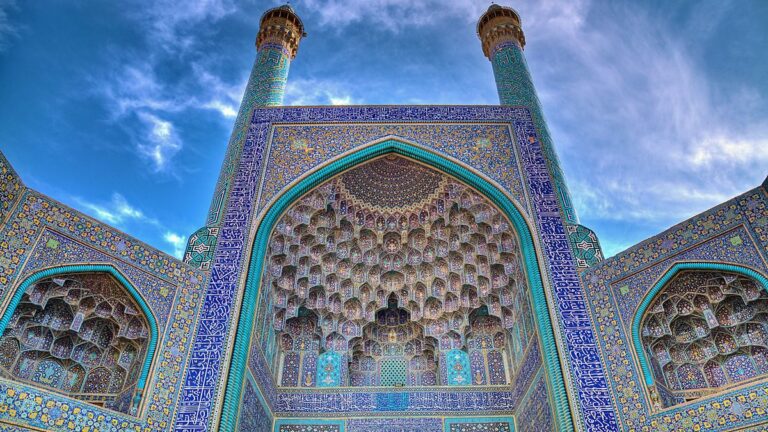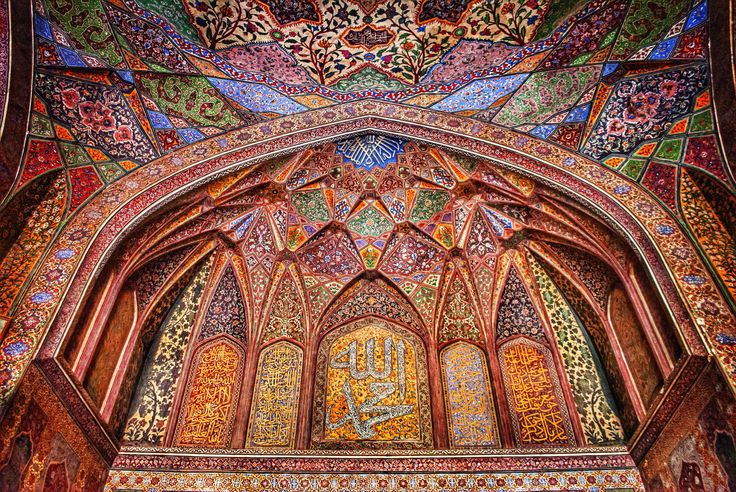Meaning
Arabic Origins
- The name Hassan holds a rich historical and cultural significance, deeply rooted in Arabic origins.
- Its etymology traces back to the Arabic word (ḥasan), which means “good, “beautiful,” or “handsome. “
- This fundamental meaning reflects a positive connotation, suggesting virtue, excellence, and desirability.
- Beyond its literal translation, Hassan carries profound religious and social implications within Islamic culture.
- It is a widely recognized name among Muslims worldwide, often associated with the Prophet Muhammad’s grandson, Ḥasan ibn Ali, who was renowned for his piety and righteousness.
- Therefore, Hassan has transcended its simple meaning to embody ideals of moral character, spiritual purity, and familial connection.
- The name’s popularity extends beyond the Arabic-speaking world, finding resonance in various cultures and languages.
Global Variations and Interpretations
Hassan is an Arabic given name with deep historical and cultural significance. Its meaning, rooted in the rich tapestry of Islamic traditions, is often translated as “handsome,” “beautiful,” or “well-spoken.” The name holds a prominent place in Islamic history and literature, associated with notable figures like Hassan ibn Ali, grandson of the Prophet Muhammad.
The name’s origin can be traced back to the Arabic word (ḥasan), which carries multiple layers of meaning. Beyond its literal interpretation as “beautiful” or “handsome,” it also implies nobility, excellence, and virtue. This multifaceted nature has contributed to Hassan’s widespread adoption across diverse cultures and communities.
Globally, Hassan is a popular name in Muslim-majority countries throughout the Middle East, North Africa, and South Asia. It holds particular significance in Iran, where it is one of the most common male names. The name’s popularity extends beyond these regions, appearing in various forms across Europe, North America, and Australia as a testament to its universal appeal.
Interpretations of the name Hassan vary depending on cultural contexts and personal beliefs. Some associate it primarily with physical attractiveness, while others emphasize its deeper connotations of inner beauty, good character, or spiritual merit. The name’s versatility allows for multiple layers of meaning, making it a cherished choice for parents seeking a name that embodies both strength and grace.
Throughout history, Hassan has been associated with renowned figures who embodied its core values. From religious scholars to poets, rulers to warriors, the name has become synonymous with leadership, wisdom, and integrity. This legacy of exemplary individuals further enhances the name’s cultural significance and continues to inspire generations.
History
Prevalence in Islamic Cultures
The name Hassan is a prominent Arabic name with deep historical roots and significant cultural resonance within Islamic traditions.
Etymologically, Hassan derives from the Arabic word “ḥasan”, which means “beautiful,” “good,” or “excellent.” This inherent meaning imbues the name with positive connotations of virtue, kindness, and nobility.
Historically, the name Hassan gained widespread recognition through its association with notable figures in Islamic history. One of the most celebrated bearers of the name is Hasan ibn Ali, grandson of Prophet Muhammad and a revered figure in Shia Islam. Known for his piety, wisdom, and bravery, Hasan ibn Ali played a pivotal role in shaping early Islamic history and became an object of veneration for countless believers.
The influence of Hassan ibn Ali extended far beyond the realm of religious leadership. His name resonated throughout various facets of Islamic culture, inspiring artistic creations, literary works, and philosophical discourses. The name Hassan became synonymous with righteousness, compassion, and spiritual excellence.
Furthermore, the name’s widespread popularity in the Arab world and beyond can be attributed to its simple yet elegant structure and its profound meaning. It is a name that transcends linguistic and geographical boundaries, carrying with it a legacy of faith, virtue, and beauty.
Notable Figures Named Hassan
Hassan is a given name with Arabic origins, meaning “handsome” or “attractive.” It’s derived from the word “حسان,” (Hasan), which carries connotations of beauty, grace, and excellence.
The name Hassan has been prominent throughout Islamic history and culture. It is frequently found in various Islamic traditions and stories, often associated with virtue, nobility, and piety.
Here are some notable figures named Hassan throughout history:
- Hassan al-Basri (642-728 CE): A prominent early Muslim jurist, theologian, and mystic. Known for his deep knowledge of Islamic law and spirituality.
- Al-Hasan ibn Ali (626–670 CE): The grandson of the Prophet Muhammad and a prominent figure in Shia Islam. He is revered as a spiritual leader and martyr.
- Hassan II (1929–1999): The longest-reigning monarch of Morocco, serving from 1961 to his death in 199 He played a significant role in modernizing Morocco.
The name Hassan has transcended cultural boundaries and is celebrated globally. It remains a popular choice for baby boys across the Muslim world and beyond, reflecting its enduring significance and positive connotations.
Cultural Significance
Religious and Spiritual Associations
The name Hassan holds profound cultural significance, interwoven with religious and spiritual associations that resonate deeply within Islamic traditions.
Originating from the Arabic word ” Hassin “, meaning ” handsome,” ” beautiful,” or ” well-mannered,” Hassan has transcended its literal definition to become a name imbued with symbolic richness.
In Islam, it is most notably associated with Hassan ibn Ali, the grandson of the Prophet Muhammad.
Known as one of the Four Rightly Guided Caliphs and revered for his piety, wisdom, and leadership, Hassan’s legacy has cemented the name’s position as a symbol of spiritual excellence and righteous conduct within the Islamic world.
The name Hassan carries connotations of virtue, nobility, and moral strength.
Across diverse cultures where Islam has taken root, it is a widely cherished name, reflecting the enduring influence of its religious and historical connotations.
Furthermore, the name resonates with broader cultural values such as kindness, grace, and good character.
Beyond its religious context, Hassan often serves as a tribute to these noble qualities, representing aspirations for an honorable and fulfilling life.
Modern Usage and Perceptions
Hassan derives from the Arabic word “al-Hasan,” meaning “handsome” or “the good.” Its significance is deeply rooted in Islamic culture.
In Islam, al-Hasan holds a prominent position as the grandson of Prophet Muhammad. He was known for his piety, intelligence, and kindness, becoming an influential figure within the early Muslim community.
The name Hassan has transcended its Arabic origins, becoming widely used across various cultures and communities worldwide, particularly in regions with significant Muslim populations.
Today, Hassan remains a cherished name symbolizing nobility, virtue, and beauty. It is often associated with strong character, wisdom, and compassion.
In modern usage, Hassan continues to be a popular given name for boys, carrying the weight of its historical and religious significance. The name evokes feelings of respect, admiration, and cultural heritage.
Perceptions of the name vary across cultures and contexts. In some societies, it is viewed as a traditional and dignified choice, while in others, it may be associated with specific ethnic or religious groups.
Regardless of these diverse interpretations, Hassan’s enduring popularity speaks to its universal appeal and timeless qualities.
- Best LeadsGorilla Alternatives for 2025 - April 26, 2025
- Best Overloop Alternatives for 2025 - April 25, 2025
- Best Lead411 Alternatives for 2025 - April 25, 2025


